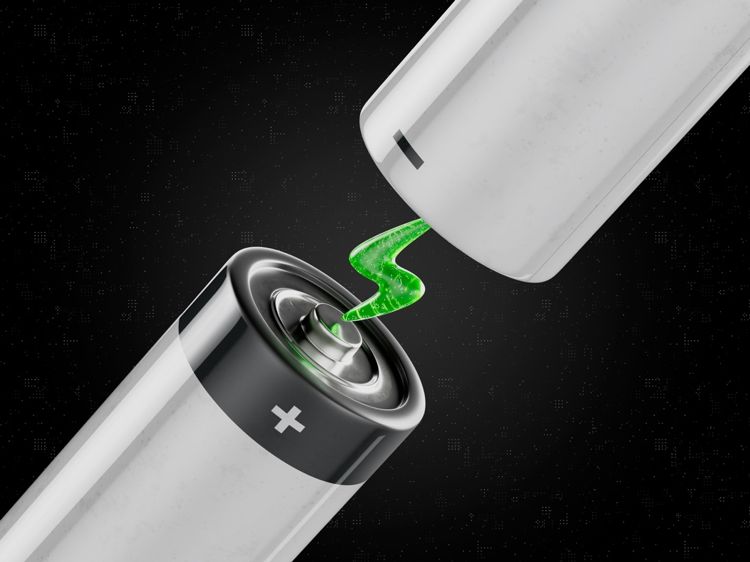Should the UK Follow the US Lead on Battery Recycling?

The recent Executive Order titled Unleashing American Energy, signed on January 20 2025, marks a significant shift in U.S. energy policy. Designed to promote domestic energy production and critical resource development, the order opens new opportunities for industries like battery recycling, which play a vital role in building a resilient and sustainable energy future.
Around 3.7 million metric tonnes of battery material are expected to be available globally for recycling in 2035, supplying 10% of the lithium and 18% of the cobalt and nickel metals required for battery manufacturing (Faraday Insights 20). As a leader in UK lithium-ion battery recycling, Recyclus Group views this Executive Order as a transformative step forward, aligning with global trends toward energy independence and sustainable resource management. Below, we break down the key aspects of the policy and what it means for the battery recycling industry.
Strengthening Domestic Resource Development
The Executive Order emphasises leveraging domestic energy and critical mineral resources, such as lithium, nickel and cobalt. By streamlining permitting processes and reducing regulatory hurdles, the U.S. aims to boost domestic battery manufacturing and critical mineral extraction.
This could lead to a potential increase in the volume of end-of-life batteries and manufacturing scrap entering the recycling stream. Enhanced domestic production of batteries directly correlates with the availability of recyclable materials, reinforcing the need for innovative Li-ion recycling technologies.
Enhancing National Security and Energy Independence
Critical minerals like lithium, nickel, and cobalt are vital to modern energy systems but have traditionally been sourced through imports, leaving the U.S. vulnerable to global market fluctuations and geopolitical tensions. The Executive Order’s focus on securing domestic supply chains aims to reduce this dependency and strengthen national security.
Recycling is key to this shift, offering a sustainable alternative to mining virgin materials. By recovering critical minerals from end-of-life batteries and manufacturing scrap, Recyclus Group supports a circular economy and minimises reliance on foreign sources.
A strong domestic recycling infrastructure enhances energy independence, mitigates environmental impacts and ensures resilience against global supply chain disruptions. By turning waste into resources, Recyclus Group helps build a more secure and sustainable energy future.
Economic and Environmental Benefits
By fostering domestic production and recycling, the policy not only addresses resource security but also unlocks significant economic and environmental advantages. Encouraging the growth of local industries creates new job opportunities, from manufacturing and recycling operations to advanced research and development in sustainable technologies.
In addition, the emphasis on recycling helps close the loop on critical minerals, reducing the need for environmentally damaging mining practices, whereby materials are continually reused and repurposed, minimising environmental impact and conserving natural resources.
This approach aligns economic growth with sustainability, ensuring that the energy transition is both robust and responsible.
Looking Ahead
The Executive Order reinforces the importance of resource recovery as part of a comprehensive energy strategy.
Through partnerships, innovative technologies, and a focus on the circular economy, Recyclus Group remains dedicated to advancing sustainable recycling solutions and supporting the UK economy in building a resilient battery recycling sector.
